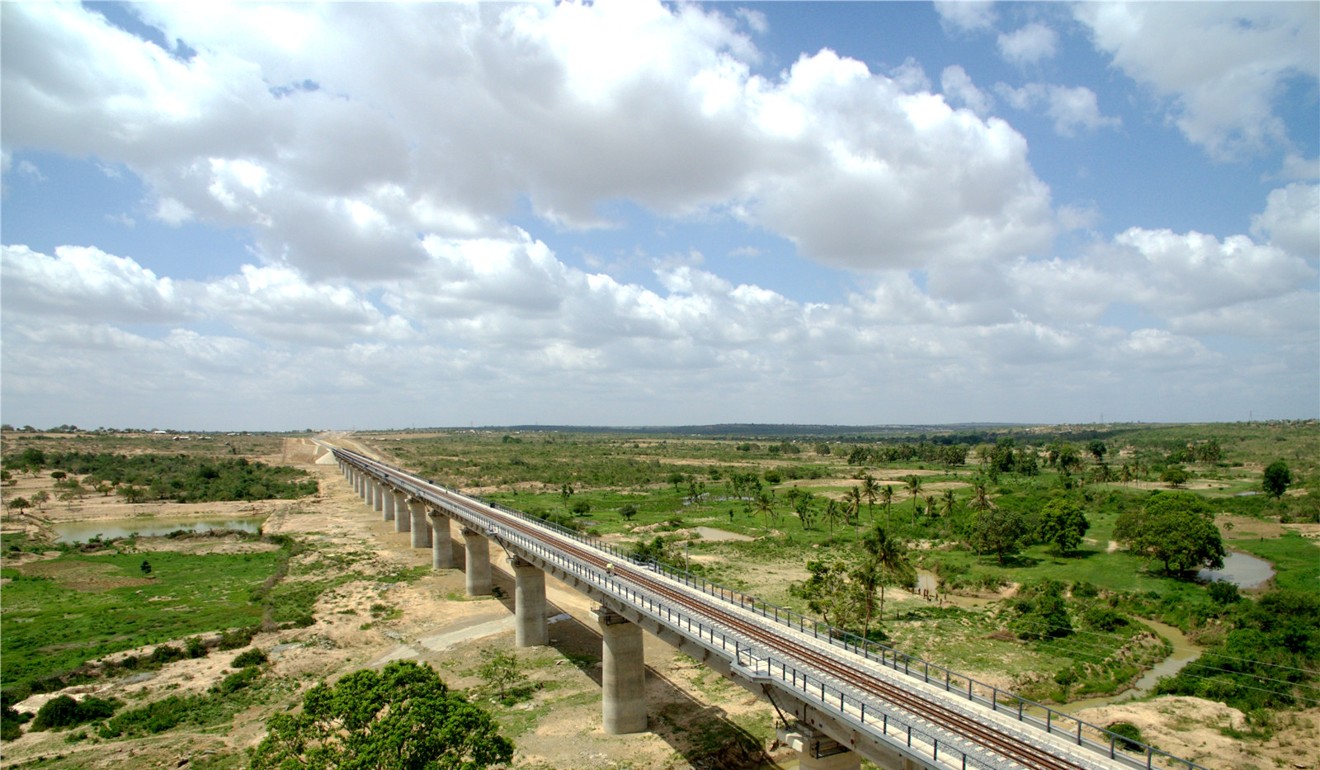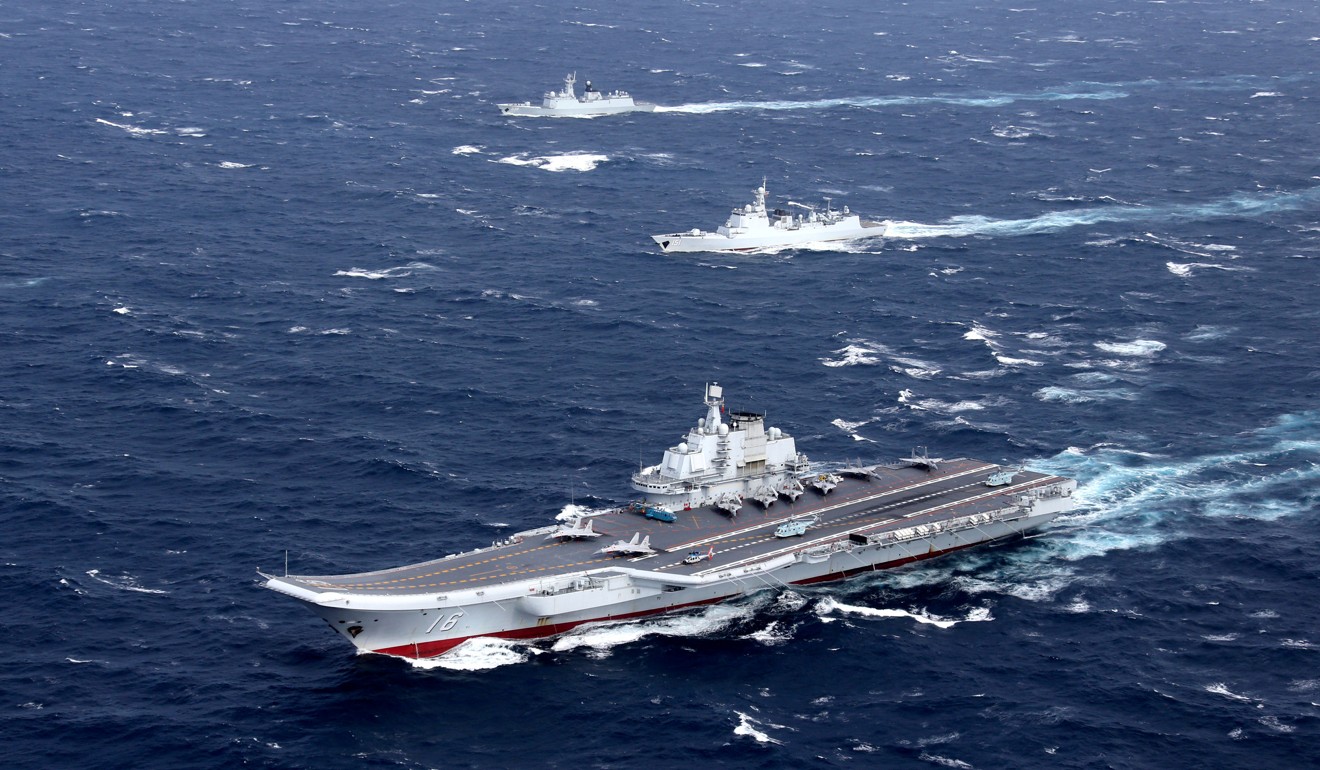
Beijing bulks up diplomacy budget as China extends global reach
Defence spending also on the rise to pay for more overseas missions and packages for retrenched personnel
Beijing will bulk up spending on diplomacy this year, expanding the foreign affairs budget at almost double the rate of growth for defence outlays as China takes a bigger global role and protects it interests abroad.
In its annual fiscal report to the national legislature on Monday, Beijing said spending on diplomacy would rise by 15.6 per cent to 60 billion yuan (US$9.45 billion), while the defence budget would grow by 8.1 per cent to 1.1 trillion yuan.
The report did not break down the outlays, but observers said it underlined China’s desire to have a bigger say in the international arena.
Former Chinese ambassador to Eritrea Shu Zhan said China needed more diplomatic and technical personnel in Africa to meet the needs of Beijing’s “Belt and Road Initiative”, a massive infrastructure drive to link the country to the rest of the world.
“China’s ties with many [African] countries are get closer year after year, but we don’t have enough manpower to deal with the increasing workload,” Shu said.
He said Beijing also needed to send more medical staff, engineers, workers and other specialists to help with foreign aid projects on the continent.
He said a China-Africa cooperation forum would be held in Beijing in September, with the cost shared by the foreign and commerce ministries.
Diplomatic spending includes the cost of taking part in and organising international conferences, such as the Group of 20.
Observers said diplomatic spending would continue to grow at a double-digit rate in the coming years to match China’s investment in developing nations.

Those investments include ports in Pakistan and an oil pipeline in Central Asia, both areas with security threats.
Spending on the armed forces is also on the rise as Beijing embarks on more drills and overseas missions.

In his government work report on Monday, Premier Li Keqiang said the military should remain strong under the absolute leadership of the Communist Party as it “faces profound changes in the national security environment”.
“[China] will advance all aspects of military training and war preparedness, and firmly and resolvedly safeguard national sovereignty, security, and development interests,” Li said.
Li said the People’s Liberation Army had axed 300,000 troops, meeting the target set by President Xi Jinping in 2015.
State Council research office director Huang Shouhong, who was in charge of drafting the government work report, said part of the defence budget would be used to retrain and compensate the laid-off military personnel.
Beijing-based military analyst Zhou Chenming said the Central Military Commission, which oversees the PLA, had to earmark substantial funds for the retrenched personnel.
“Actually, more than 300,000 people were laid off, with senior officers to be paid 70 per cent of their present salary every month for the rest of their life, according to army policy,” Zhou said.
A senior army colonel is paid more than 12,000 yuan a month, while air force and navy officers and special troops can earn up to 20,000 yuan.
In addition to the pension, retrenched officers ranging from lieutenants to senior colonel are entitled to a one-off payment about 1 million yuan.
China’s military build-up has rattled the nerves of its neighbours, particularly because of its increasingly assertive stance in territorial disputes in the East and South China seas.
Japanese chief cabinet secretary Yoshihide Suga said Japan would “like to see China be more transparent about its defence policy, including spending and the direction of its military power”.
The 2018 defence spending increase comes as China’s economy expanded at 6.9 per cent last year, the first acceleration in annual growth since 2010.
Last year, the defence budget grew by just 7 per cent, to 1.044 trillion yuan, about one-quarter of the proposed US defence budget for the year.
Additional report by Liu Zhen and Sidney Leng

